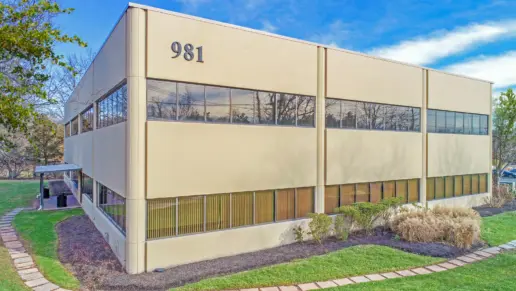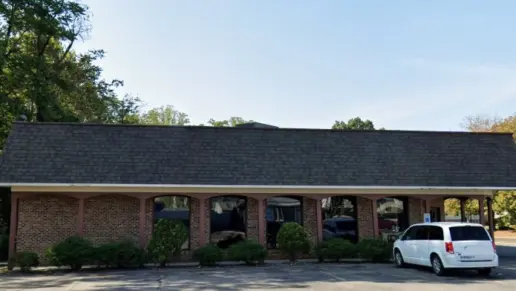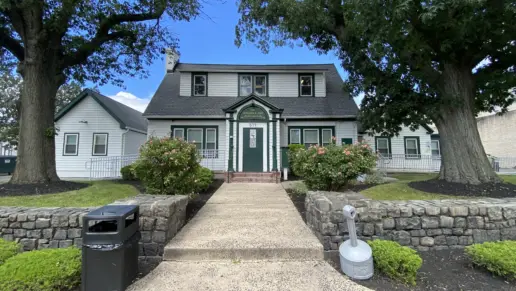The staff, in general, is good but the medical staff is excellent, they answered all my doubts all the time, they worried about me at every moment and never left me alone. I would recommend anyone who is suffering and in need of help to come to Inspira Medical Center Woodbur ...
About Inspira Behavioral Health Adult Inpatient Program Woodbury
Inspira Health Center Woodbury is a medical center in Woodbury, New Jersey. It used to be called Woodbury Hospital but it’s now part of the Inspira Health family. This center has multiple departments but among them is its behavioral health center where they treat drug and alcohol addiction. They treat other mental health conditions here too so if you have other conditions along with addiction, they can help with it all.
This treatment center has behavioral health services for adults. The Inspira Health System does have services for kids and teens at other locations in the region, though.
The cool thing about this Inspira Health Center is that they have many different levels of care. There’s an inpatient program if you want the security and stability of 24/7 care. That’s usually best for people who are in early recovery.
As your sobriety gets more stable there are other levels of treatment too. There’s a program called partial hospitalization, but it isn’t as intense as it might sound. Basically you’ll get treatment for up to five hours a day during the day, so treatment is like your full time job just like it would be in an inpatient program. The difference is that you go home for the evenings and weekends so you’re living at home during the program. But if you don’t need that level of care, either, there’s also traditional outpatient treatment so you only go once a week or whatever your treatment plan is.
Inspira Health Center really focuses on evidence based treatment. For the most part, your program will involve counseling and group therapy. They’ll help you manage medications too which can be tricky if you have a drug addiction. They also have programs that help you connect more to your community so you can build up a sober support system.
Rehab Score
Gallery
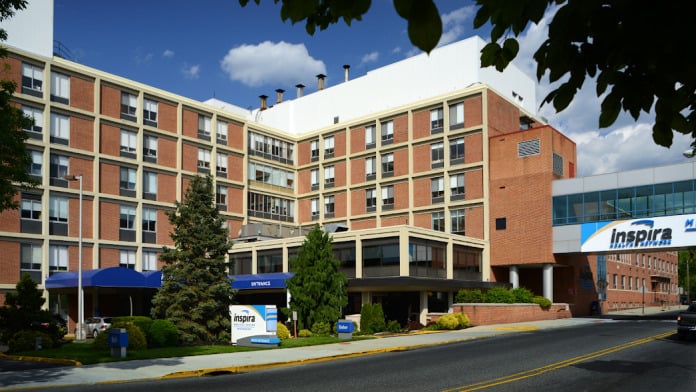
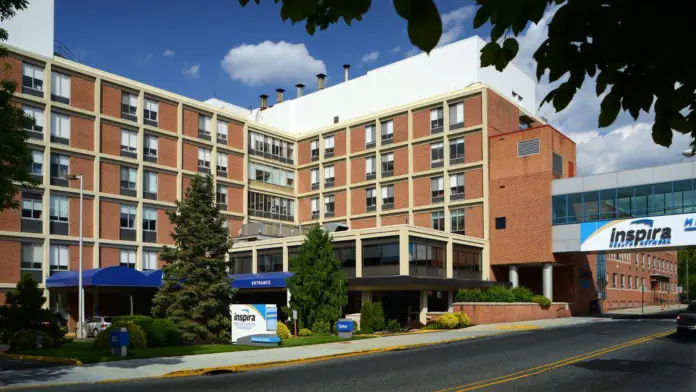
Location
Accepted Insurance
Other Forms of Payment
Medicaid is a state based program that helps lower-income individuals and families pay for healthcare. Medicaid covers addiction treatment so those enrolled can use their coverage to pay for rehab. When a program accepts Medicaid the client often pays very little or nothing out of their own pocket.
Private insurance refers to any kind of healthcare coverage that isn't from the state or federal government. This includes individual and family plans offered by an employer or purchased from the Insurance Marketplace. Every plan will have different requirements and out of pocket costs so be sure to get the full details before you start treatment.
Self-pay involves paying for treatment out of your own pocket. You can use savings or credit, get a personal loan, or receive help from family and friends to fund your treatment. If you don't have insurance or your insurance plan doesn't cover a specific program, self-pay can help ensure you still get the care you need.
Financial aid can take many forms. Centers may have grants or scholarships available to clients who meet eligibility requirements. Programs that receive SAMHSA grants may have financial aid available for those who need treatment as well. Grants and scholarships can help you pai for treatment without having to repay.
Medicare is a federal program that provides health insurance for those 65 and older. It also serves people under 65 with chronic and disabling health challenges. To use Medicare for addiction treatment you need to find a program that accepts Medicare and is in network with your plan. Out of pocket costs and preauthorization requirements vary, so always check with your provider.
Addiction Treatments
Levels of Care
Treatments
Many of those suffering from addiction also suffer from mental or emotional illnesses like schizophrenia, bipolar disorder, depression, or anxiety disorders. Rehab and other substance abuse facilities treating those with a dual diagnosis or co-occurring disorder administer psychiatric treatment to address the person's mental health issue in addition to drug and alcohol rehabilitation.
Mental health rehabs focus on helping individuals recover from mental illnesses like bipolar disorder, clinical depression, anxiety disorders, schizophrenia, and more. Mental health professionals at these facilities are trained to understand and treat mental health issues, both in individual and group settings.
Programs


Clinical Services
Cognitive Behavioral Therapy (CBT) is a therapy modality that focuses on the relationship between one's thoughts, feelings, and behaviors. It is used to establish and allow for healthy responses to thoughts and feelings (instead of unhealthy responses, like using drugs or alcohol). CBT has been proven effective for recovering addicts of all kinds, and is used to strengthen a patient's own self-awareness and ability to self-regulate. CBT allows individuals to monitor their own emotional state, become more adept at communicating with others, and manage stress without needing to engage in substance abuse.
Dialectical means opposing. The premise of dialectical behavior therapy is to learn how two things that seem to be opposite can actually be true. You learn how to accept yourself while also making changes. The focus is on accepting your emotions and changing how you manage them.
Group therapy is any therapeutic work that happens in a group (not one-on-one). There are a number of different group therapy modalities, including support groups, experiential therapy, psycho-education, and more. Group therapy involves treatment as well as processing interaction between group members.
In individual therapy, a patient meets one-on-one with a trained psychologist or counselor. Therapy is a pivotal part of effective substance abuse treatment, as it often covers root causes of addiction, including challenges faced by the patient in their social, family, and work/school life.
Trauma therapy provides a structure to approach healing from past traumatic events that you may have witnessed or experienced. Your therapist will work with you to identify and process these memories. This helps promote a sense of safety and stability and helps you heal emotionally.
Research clearly demonstrates that recovery is far more successful and sustainable when loved ones like family members participate in rehab and substance abuse treatment. Genetic factors may be at play when it comes to drug and alcohol addiction, as well as mental health issues. Family dynamics often play a critical role in addiction triggers, and if properly educated, family members can be a strong source of support when it comes to rehabilitation.
Nicotine Replacement Therapy (NRT) is a way of getting nicotine into the bloodstream without smoking. It uses products that supply low doses of nicotine to help people stop smoking. The goal of therapy is to cut down on cravings for nicotine and ease the symptoms of nicotine withdrawal.
Amenities
-
Residential Setting
-
Private Rooms
Staff

President & CEO
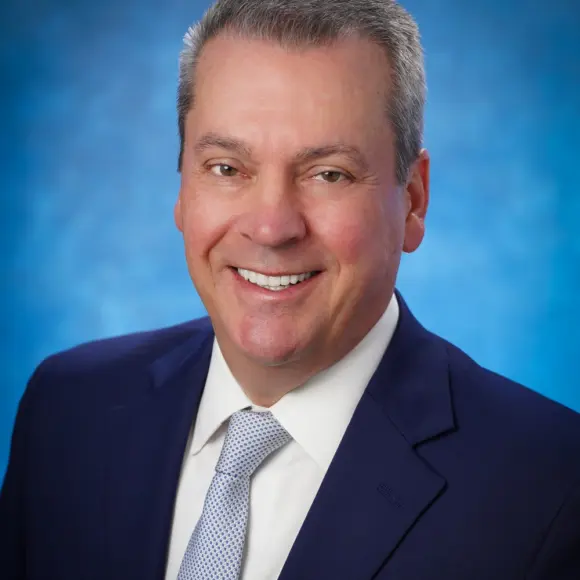
Executive VP & COO
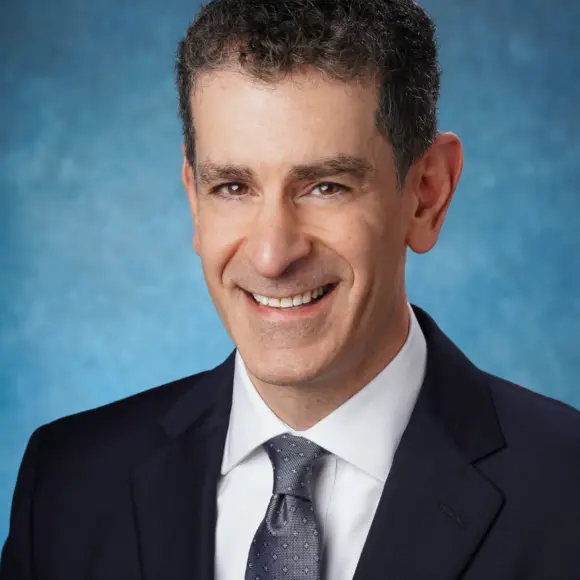
Senior VP & CFO
Contact Information
509 North Broad street
Woodbury NJ, 08096





